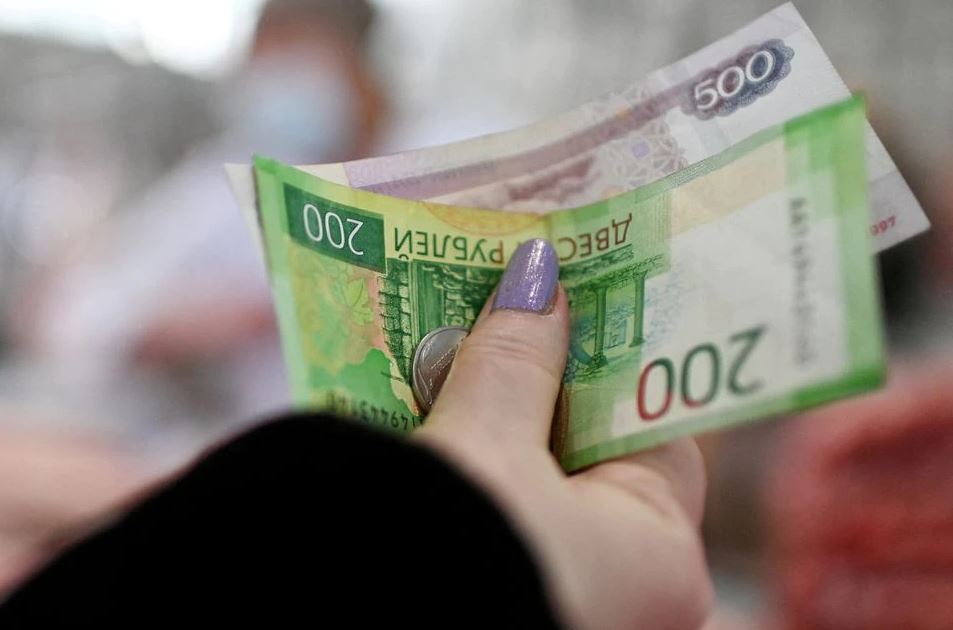One of the interest groups set up to protect people with bank loans on Tuesday called on the government to take measures to protect borrowers from the continuous rise of interest rates. The Association for the Protection of Bank Borrowers (Syprodat), said that after the latest rate hike by the ECB, the interest rate had risen to 7 per cent, pushing monthly loan repayments up.
The ‘reward’ measures introduced by the banks, said Syprodat, were inadequate as “the expensiveness of goods and services has increased even more, adding to the already burdened basket of borrowers.” Because of higher interest rates, “they are called to pay increased monthly instalments, at a time when they see the purchasing power of their incomes reduced significantly.” It called on the government to implement without delay “definite and functional solutions to relieve borrowers from the suffocating hold they experience daily.”
Why are borrowers more deserving of state assistance than low-income earners who have also seen their purchasing power decrease in the last year or so? When they took out loans they should have known there was a possibility that interest rates may have gone up and their repayment increased. This is a risk that anyone who takes out a bank loan faces, although after more than a decade of unusually low interest rates, they may have thought they would never rise again.
The high interest rates have not been imposed by the ECB to increase the burden on borrowers but to control the rate of inflation, which is what has decreased the purchasing power of people. With higher interest rates, those with spare funds have an incentive to keep their money in the bank rather than spend it, something which reduces demand and puts downward pressure on prices. The same applies to borrowers, who will have less money to spend.
At least this is the economic theory behind the policy, which, nevertheless, requires time to have the desired effect. That the ECB keeps increasing interest is because the rate of inflation is still considered too high across the euro zone. The only way to protect people’s incomes is to reduce the rate of inflation, but the method for achieving this is painful and requires time. Most people’s standard of living has suffered – not only that of those with bank loans – in this time of high prices and high interest rates, and there is nothing that can be done by the government to make things better.
Everyone will have to adjust to this difficult period we are going through because regardless of what parties and pressure groups might say about the need for government measures, in times of inflation a degree of economic hardship is inevitable.







Click here to change your cookie preferences